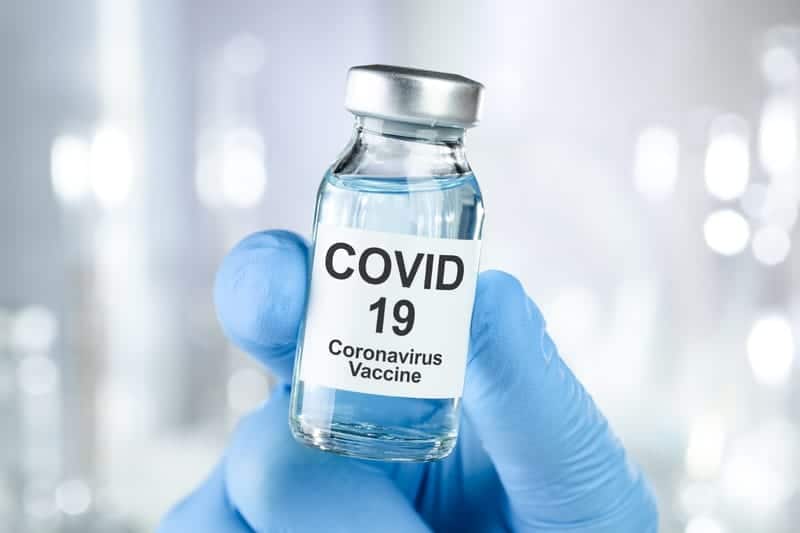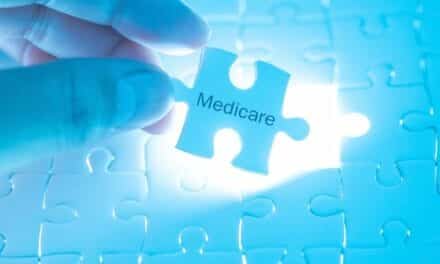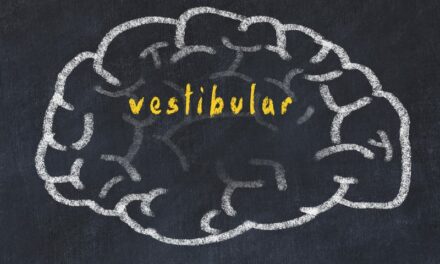The Muscular Dystrophy Association (MDA) has released Frequently Asked Questions (FAQs) on the COVID-19 vaccines specifically for the neuromuscular disease (NMD) community the organizations serves.
MDA continues to advocate for priority COVID-19 vaccine access for people living with muscular dystrophy, ALS, and related neuromuscular diseases. The FAQs provide the NMD community with facts about the current and expected future vaccines authorized by the FDA for distribution in the United States and information on priority access for this at-risk community.
A recent Facebook Live event moderated by MDA’s Executive Vice President and Chief Research Officer, Sharon Hesterlee, PhD, featuring MDA’s Chief Medical Advisor Barry Byrne, MD, PhD, and MDA Board member Elizabeth McNally, MD, addressed the community directly about the COVID-19 vaccines, a media release from MDA notes.
Facebook Live Event Features Discussion
“Our older patients and those with cardiorespiratory problems are at great risk and hopefully will be some of the earliest prioritized to receive the vaccines when they are made available after the healthcare worker community. There are some minor side effects that occur that should be anticipated. If we explain it well to patients, I hope that there is broad participation because that’s what’s going to be needed for everyone to be safe in the long run.”
— Barry Byrne, MD, PhD
The Facebook Live event also discussed MDA’s ongoing vaccine prioritization advocacy efforts and what the NMD community can do as the vaccines continue to roll out.
“We know that people with neuromuscular diseases for various reasons can be in the high-risk group. MDA will continue reaching out to local and state jurisdictions to advise them about the inclusion of individuals with neuromuscular disease in the vaccine distribution.”
— Sharon Hesterlee, PhD
Continued vigilance in following CDC guidelines including wearing a mask, practicing social distancing, and hygiene, was reinforced as well.
“The key part about these vaccines is it’s going to take a while for all of this to work so while we’re all hearing a lot of excitement about vaccines having about ninety percent efficacy, the other thing that has ninety percent efficacy is wearing a mask.”
— Elizabeth McNally, MD
MDA represents more than 300,000 people in the United States living with more than 40 neuromuscular diseases. In October, MDA encouraged the U.S. Centers for Disease Control and Prevention (CDC) to recommend that people living with neuromuscular diseases have early access to any federally authorized COVID-19 vaccine via a letter to members of the CDC Advisory Committee on Immunization Practices (ACIP), who are helping to guide the allocation and distribution of COVID-19 vaccines.
MDA asked specifically that people living with neuromuscular diseases have Phase 1 access to any vaccine — after healthcare workers and other priority populations— due to the systemic impact of neuromuscular diseases on the body, which place patients at higher risk of COVID-19 complications.
“MDA strongly believes that individuals living with a neuromuscular disease should be included in Phase 1 of vaccination administration due to the complexity of the multi-system impact of neuromuscular diseases that results in co-morbidities that cause a high risk for adverse COVID outcomes,” states the letter, signed by Paul Melmeyer, MDA’s Director of Regulatory Affairs. “Consequently, we request ACIP to include those with neuromuscular diseases in Phase 1 of your official recommendations.”
As ACIP recommendations have evolved, MDA is now seeking to ensure the neuromuscular disease community accesses any COVID-19 vaccine in Phase 1 of state and jurisdiction distribution and will organize the neuromuscular advocacy community to reach out to jurisdictions to make this request.
“Additional common symptoms in neuromuscular diseases could lead to a higher risk of negative outcomes from COVID-19,” the letter continues. “For example, these diseases can weaken the pulmonary muscles and diaphragm over the progression of the disease, increasing the risk of severe pulmonary infection, and making the outcome of COVID-19 particularly dangerous.”
[Source(s): Muscular Dystrophy Association, PR Newswire]
Related Content:
Pfizer Vaccine Gets FDA Thumbs Up
Home COVID-19 Test Approved. Results in 30 Minutes
Navigating the Rapidly Evolving Rehabilitation Landscape During COVID-19





